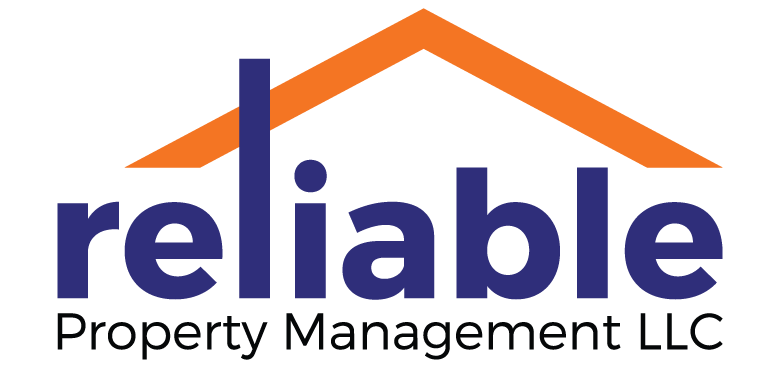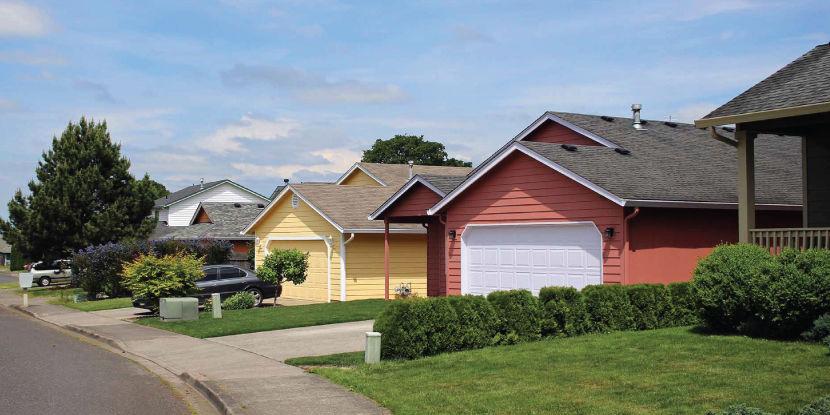Residential property management is a multifaceted discipline that requires a blend of skills, knowledge, and expertise to effectively oversee rental properties and ensure the satisfaction of both landlords and tenants. From tenant acquisition and lease management to property maintenance and financial administration, the role of a residential property manager is diverse and demanding. In this blog post, we'll delve into the intricacies of residential property management and outline a comprehensive blueprint for success in this dynamic field.
Understanding the Role of a Residential Property Manager: At its core, residential property management revolves around maximizing the value of rental properties while providing a positive living experience for tenants. Residential property managers serve as intermediaries between landlords and tenants, handling various tasks to ensure smooth operations and foster tenant satisfaction.
Key Responsibilities of Residential Property Managers:
1. Tenant Acquisition and Screening: One of the primary responsibilities of a property manager is to attract and select qualified tenants for vacant rental units. This involves marketing the property, conducting property viewings, and screening prospective tenants through background checks, credit evaluations, and rental history verification.
2. Lease Management: Once tenants are secured, property managers oversee lease agreements, including rent collection, lease renewals, and enforcement of lease terms. They also address any lease-related issues or disputes that may arise during the tenancy period.
3. Property Maintenance and Repairs: Maintaining the physical condition of rental properties is essential for tenant satisfaction and property value preservation. Property managers coordinate regular maintenance tasks, respond to repair requests promptly, and oversee renovations or upgrades as needed.
4. Tenant Relations and Customer Service: Building positive relationships with tenants is key to tenant retention and satisfaction. Property managers serve as the primary point of contact for tenants, addressing their inquiries, concerns, and maintenance requests in a timely and professional manner.
5. Financial Administration: Residential property managers are responsible for managing the financial aspects of rental properties, including budgeting, rent collection, expense tracking, and financial reporting to landlords. They also handle security deposits and ensure compliance with relevant financial regulations.
Strategies for Success in Residential Property Management:
1. Effective Communication: Clear and open communication is essential for successful property management. Property managers should maintain regular communication with both landlords and tenants, keeping them informed about property-related matters and addressing any concerns promptly.
2. Proactive Maintenance: Adopting a proactive approach to property maintenance helps prevent costly repairs and enhances tenant satisfaction. Regular inspections, preventive maintenance measures, and timely repairs contribute to the overall well-being of rental properties.
3. Embrace Technology: Leveraging property management software and technology tools can streamline administrative tasks, automate rent collection, facilitate online maintenance requests, and provide valuable insights into property performance.
4. Stay Updated on Regulations: Residential property management is subject to various local, state, and federal regulations governing landlord-tenant relationships, fair housing practices, and property maintenance standards. Property managers must stay informed about relevant laws and regulations to ensure compliance and mitigate legal risks.
Conclusion:
Residential property management is a dynamic and rewarding profession that requires a combination of interpersonal skills, organizational abilities, and industry knowledge. By understanding the key responsibilities of property managers and implementing effective strategies for success, property managers can enhance the value of rental properties, foster positive tenant relationships, and achieve long-term success in the field of residential property management.


